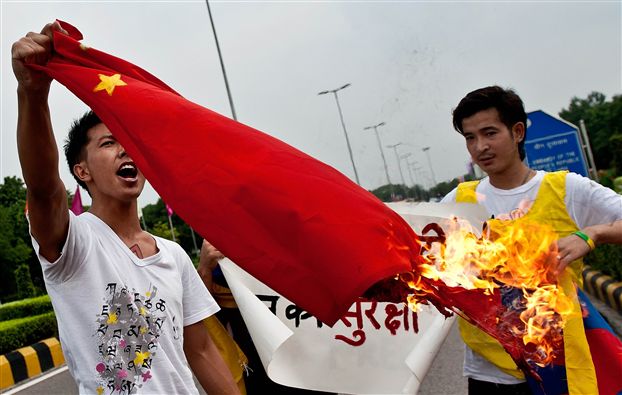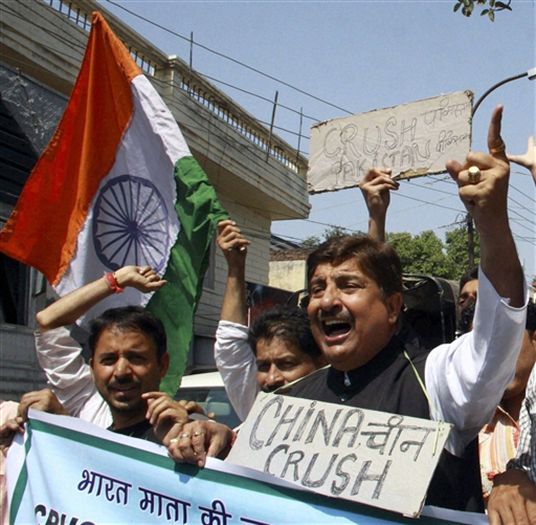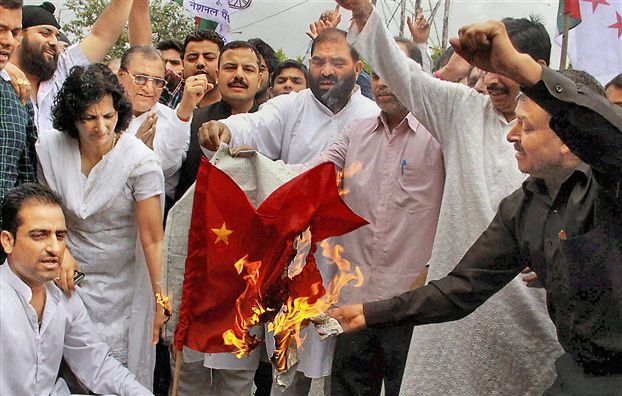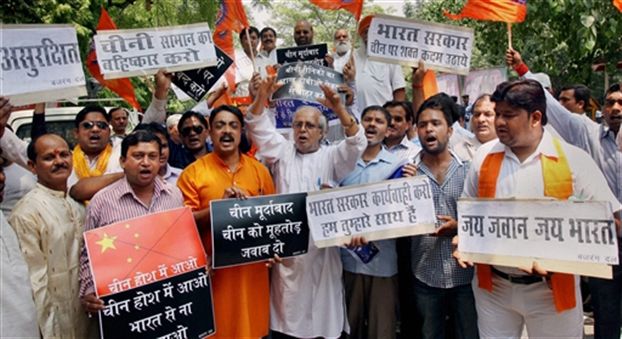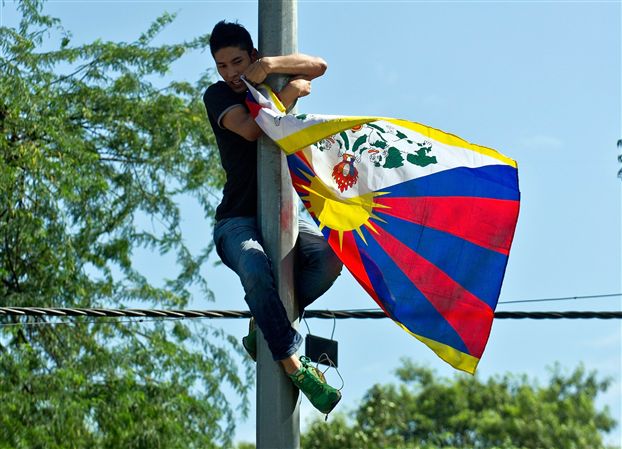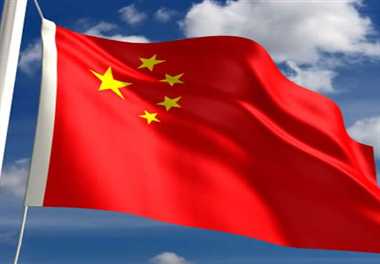CHIN STATE, Myanmar—It was Easter Sunday and the two Chin women had just left Hakha Baptist church on the second holiest day of the Christian calendar. They were headed to festive family dinners, until their cell phones rang.
Chin State, on Myanmar’s western border with India, has a population of about 500,000. Ninety-five percent of them are Christian. But Myanmar is a Buddhist country, and in Chin state, Buddhists control the government bureaucracy, the army, the police, the education system and most of the corporate hierarchy, such as it is.
The women worked at one of the national banks. Their boss, a Buddhist, was summoning them to work. He told them there was an emergency to deal with. The women were furious.
“This is typical,” one of them told me, through an interpreter. The woman declined to give her name, out of fear of being fired. “They have no respect for us or our religion.”
Religion is just one of the factors that sets the Chin apart from the Myanmar people. Ethnically and culturally, they are more akin to their Chin cousins just across the border in India. Economically, they are practically isolated in a mountainous region with no airport and terrible roads. Politically, as one of Myanmar’s ethnic minorities, they are of little import to the central government.
“They [the government] always think we are the low class,” said Pu Zo Zam, chairman of the Chin National Party (CNP), one of the political parties that has emerged in Myanmar’s democratic development. “That’s the problem: they look down on us.”
Christians told me they are concerned about the violence between Buddhists and minority Muslims in Myanmar but are confident there will be no such conflict between Buddhists and Christians because they have always coexisted peacefully.
Symbolic visit
President Thein Sein, who has spearheaded Myanmar’s move to democracy, made a symbolic first visit to the Chin capital, Hakha, on Chin National Day, Feb. 20, and pledged U.S. $1.5 million to help jump-start the moribund Chin economy. It was a gesture of goodwill by the government but fell short of Chin expectations.
“It’s nothing,” said Zing Cung, secretary general of the Chin National Front (CNF), which had fought the central government since 1988 until a cease-fire was signed in May 2012. “We are the poorest region in Myanmar. We need much more than that.”
The cease-fire agreement, in theory, put an end to the oppression of the old military regime. It called for freedom of religion; the right to teach and speak the Chin language; the preservation of Chin culture and traditions; development in an environmentally responsible way; better roads, an airport and electrification, and a human rights commission to investigate abuses.
Ultimately, what the Chin want is self-rule under a federal system, similar to what states have in the United States. That would require a change in the country’s new constitution.
In the meantime, Pu Zo Zam of the CNP said the new government has ended most of the abuses of the past, including using Chin people as forced labor, but “lots of people are still afraid to speak … The bottle [government] has a new label, but we still have to taste more of what’s inside before we can trust it.”
Freedom of religion
Central to the Chin people’s opinion of the Thein Sein administration is whether it respects their freedom of religion. So far, they are not persuaded, especially when Buddhist pagodas continue to go up around the capital, Hakha, and second-largest Chin city, Falam. And there’s the contentious issue of hilltop crosses being torn down by the government.
“The government keeps telling us that Christianity is a western religion and that we should convert to Buddhism,” said Siang Mang, a township manager for one of the nongovernmental organizations working to develop Chin State. “But it won’t work. No one here will become a Buddhist.”
Christianity gained a foothold in Chin State with the arrival of American Baptist missionaries in 1899, when Buddhism was nonexistent in this region. With the advent of almost 50 years of Myanmar military rule in 1962, missionaries were banned. But by then, Christianity was deeply rooted, with churches big and small dotted across the landscape.
The pioneering missionaries Arthur and Laura Carson of Columbus City, Iowa, are buried in Hakha, in a memorial adjacent to the biggest church, Hakha Baptist.
Even though Westerners are now officially welcome in previously restricted Chin State, the government is suspicious that missionaries are among them. I was questioned twice by immigration and intelligence agents: where was I going, what was I doing, who was I meeting, etc. That my guide was from the Chin National Front added to their curiosity.
Still, amid the doubts, there is optimism among some Chin clerics, including Pastor Pezamang of the Evangelical Assembly Church.
“It is much better under the new government,” he said. “Everything has changed. New churches are being built, and we can now publish religious articles and talk freely. It gives me hope.”
 RSS Feed
RSS Feed Twitter
Twitter








